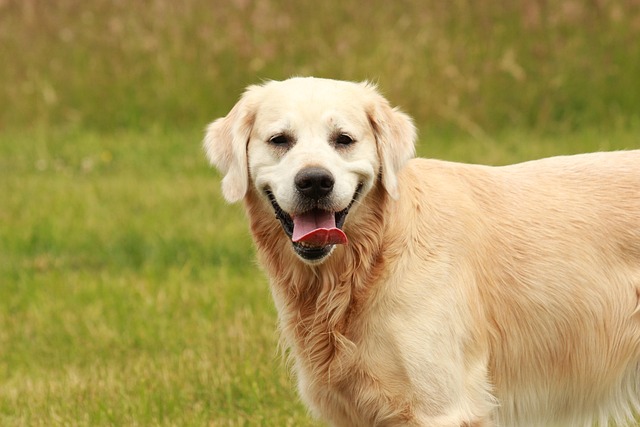
How can I tell if my dog's heatstroke is serious
Let’s be real: It’s a sticky August morning in Los Angeles, and you took your 2-year-old Golden Retriever, Max, for a walk a little later than usual
Seeing your gray-muzzled best friend struggle to stand up from their bed or hesitating before climbing the porch steps? That stiffness isn’t just "getting old"—it’s likely arthritis pain affecting 80% of senior dogs. The good news? Simple, science-backed adjustments can turn those winces back into wags without a single pill bottle. Forget resigning to discomfort; proactive comfort strategies can restore their spark.
Arthritis grinds away cartilage and inflames joint tissues, making every movement feel like walking on gravel. When dogs move less to avoid pain, their muscles weaken, ironically increasing pressure on joints—a cruel cycle. Breaking this requires gentle motion to nourish joints and practical home tweaks. Always partner with your vet first—symptoms like sudden lameness could signal fractures or infections needing urgent care.
Start where your dog rests. Swap thin beds for orthopedic memory foam—at least 4 inches thick—to cushion achy joints. If you’re in an apartment with slippery floors, lay down yoga mats or rug runners to create stable pathways to food bowls. Elevate their dishes to reduce neck strain during meals. Consider a pet ramp ($40-$150 on Chewy) for couches or cars—jumping down strains hips. For pain flare-ups, try warmth therapy: apply a heated gel pack wrapped in a towel to stiff hips for 10 minutes before walks to loosen muscles. After activity, a cold compress can ease swollen joints.
Gentle movement is medicine. Replace long hikes with frequent 10-minute leash walks on grass or dirt—concrete sidewalks jar tender joints. Try "cookie stretches": slowly lure their nose toward their shoulder or hip with a treat to maintain flexibility. If they’re up for it, hydrotherapy sessions ($50-$75 per visit) let them exercise without gravity’s pressure. Always use a harness, never a collar—throat pressure worsens spinal discomfort.

Out in your community, keep walks predictable. Use a fixed 6-foot leash—retractable leads risk sudden jerks that injure fragile joints. If your dog needs to pause near a busy Seattle park bench, offer water and quietly explain, "Just giving old joints a breather!" Scoop every potty break immediately; some arthritis meds cause urgent bowel movements, and fines for neglecting cleanup hit $500 in cities like Austin. Double-check that rabies tag is current on their collar—this is non-negotiable U.S. law, even for homebodies.
Natural supports can complement care. Stir omega-rich fish oil into meals to reduce inflammation (ask your vet for dosing). Consider a glucosamine/chondroitin supplement like Dasuquin®, but give it 6-8 weeks to work. For grumpiness when touched, never scold—pain shortens tempers. Instead, distract with a peanut butter lick mat during nail trims. If accidents happen indoors, place washable pee pads near doors—stairs might feel like mountains.
When you notice excessive panting or licking at a knee, it’s vet time. New prescription injectables like Librela® can offer months of relief. With patience and these thoughtful tweaks, your faithful companion can reclaim cozy sunbeam naps and pain-free ear scratches.

Let’s be real: It’s a sticky August morning in Los Angeles, and you took your 2-year-old Golden Retriever, Max, for a walk a little later than usual

You're enjoying a summer afternoon at the park when you notice your dog has stopped panting and appears disoriented - their gums are bright red

Let’s paint the picture: You’re in your Denver apartment, watching your 4-year-old Boston Terrier, Ruby, plop down mid-play session with her favorite toy

Many dog owners notice their pets nails seem shorter after regular walks,but how much does this daily activity actually help?The answer depends on where you walk—concrete sidewalks or asphalt streets gently file nails as a dog's paws hit the ground

Most dog owners notice their pup scooting across the carpet at some point, but few connect it to impacted anal glands. These small sacs near a dog’s rectum secrete a scent for marking territory

Most vets agree that regular dog teeth cleaning is key to avoiding painful dental issues later. For healthy adult dogs, a professional cleaning at the vet’s office every 12 to 18 months usually works well.